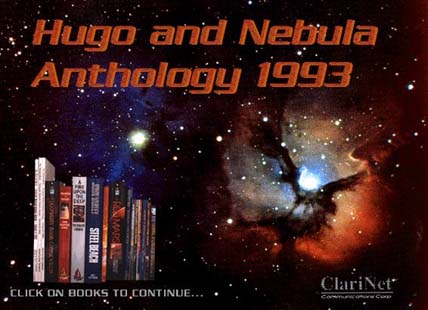Andor: May the Force NOT be with it
Submitted by brad on Fri, 2025-07-18 15:35Andor. May the Force NOT be with it. You've heard it's the best Star Wars since the first two movies, and I would say it is. Why it is, is interesting, and it could have been so much more. It's final epsidoe was also disappointingly mediocre in comparison.







 Receiving 720p takes far less CPU, but still enough that Skype refuses to do it on slower computers, such as a 1.6ghz Atom netbook. Such netbooks are able to play stored 720p videos, but Skype is judging them as unsuitable for playing this. On the other hand, modern video chips (Such as all Nvidia 8xxx and above) contain hardware for decoding H.264 video and can play this form of video readily, but Skype does not support that.
Receiving 720p takes far less CPU, but still enough that Skype refuses to do it on slower computers, such as a 1.6ghz Atom netbook. Such netbooks are able to play stored 720p videos, but Skype is judging them as unsuitable for playing this. On the other hand, modern video chips (Such as all Nvidia 8xxx and above) contain hardware for decoding H.264 video and can play this form of video readily, but Skype does not support that.